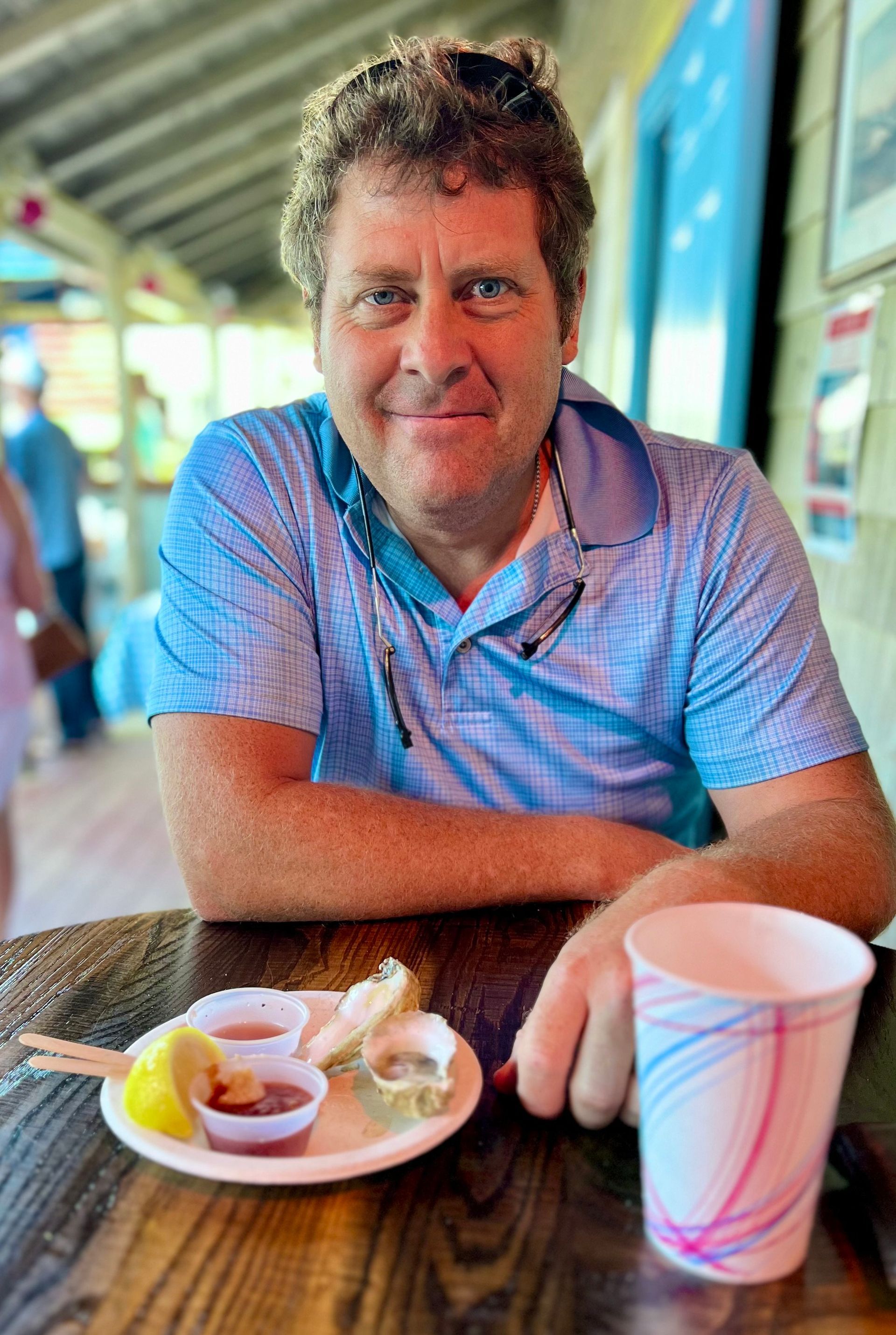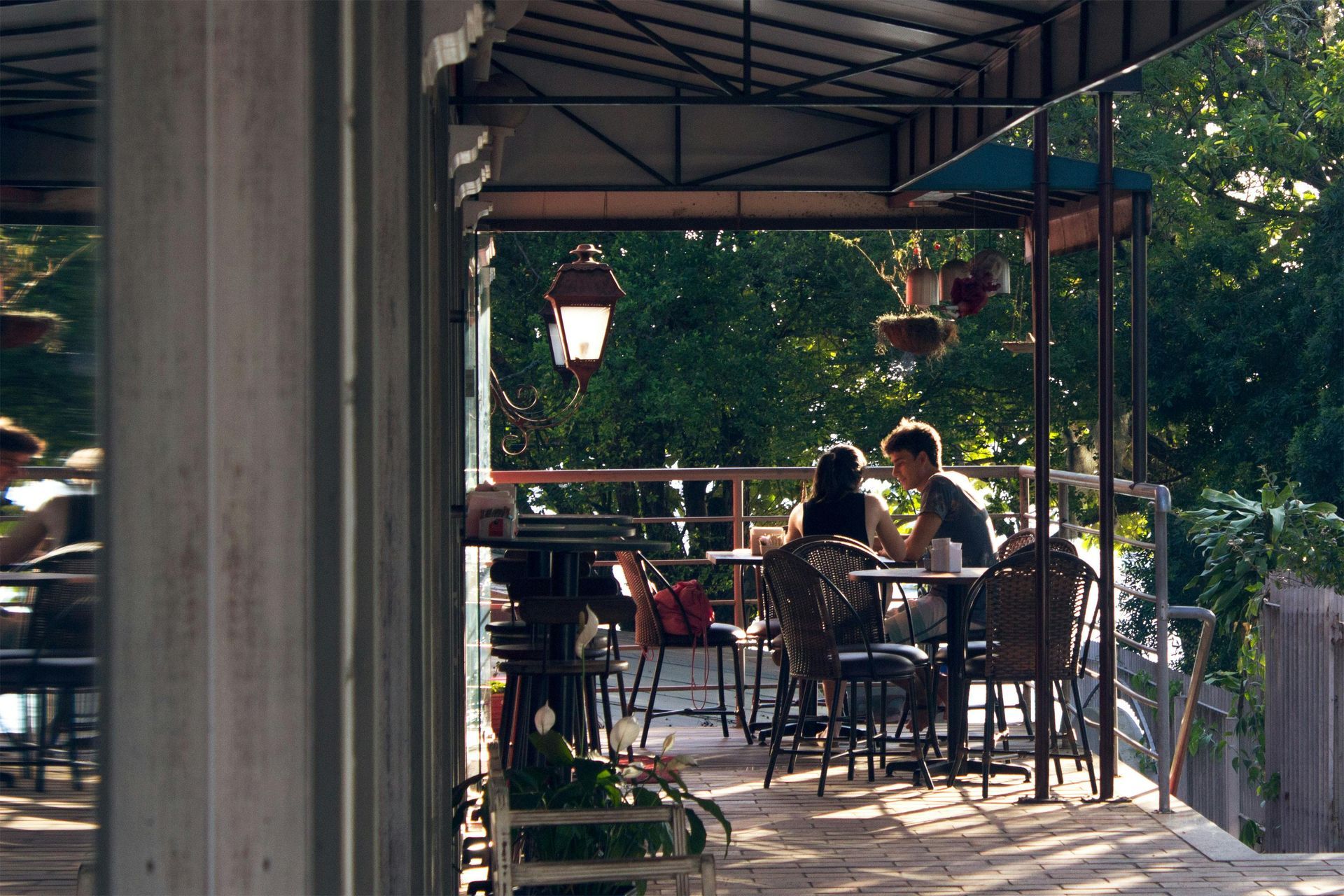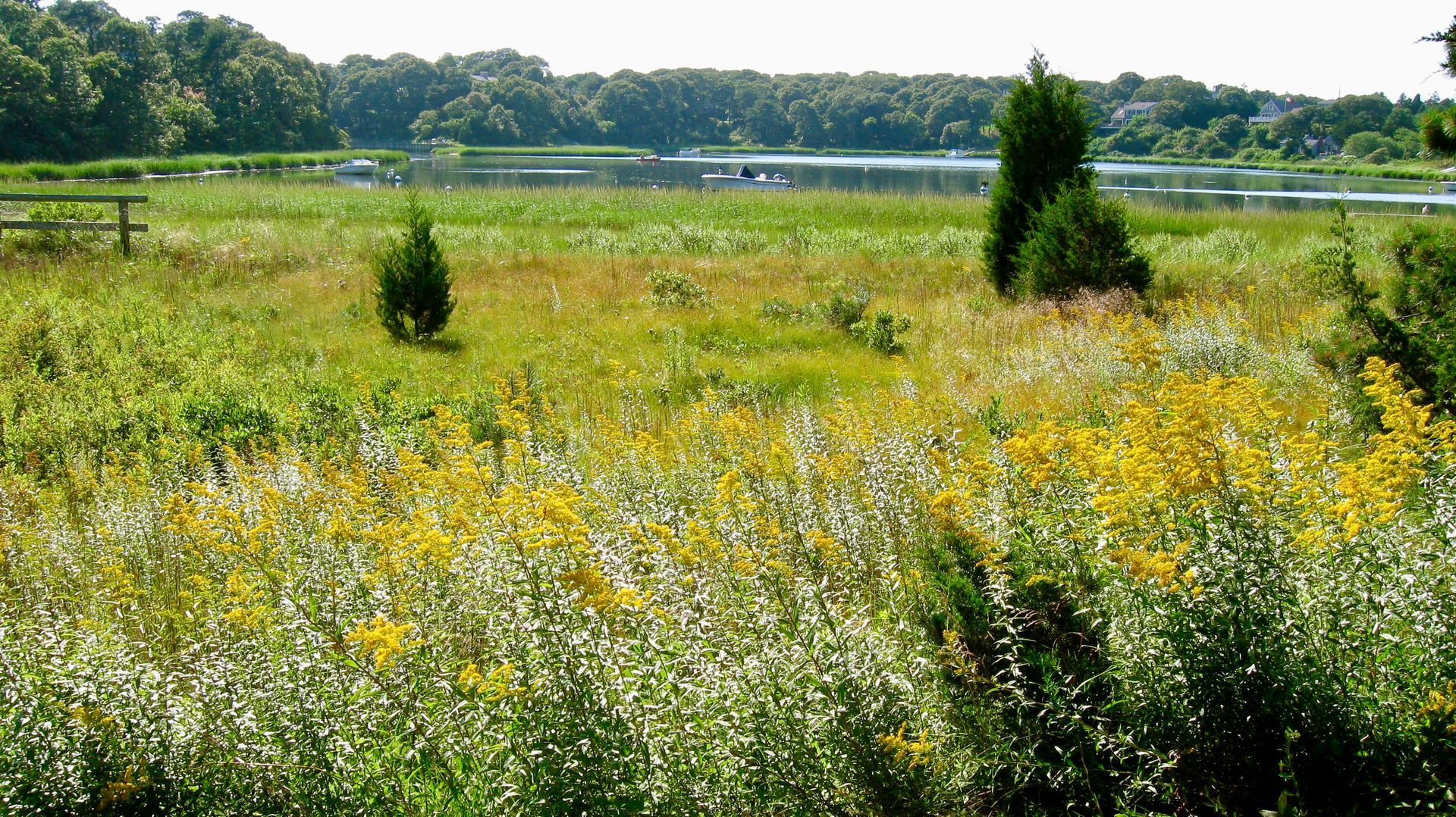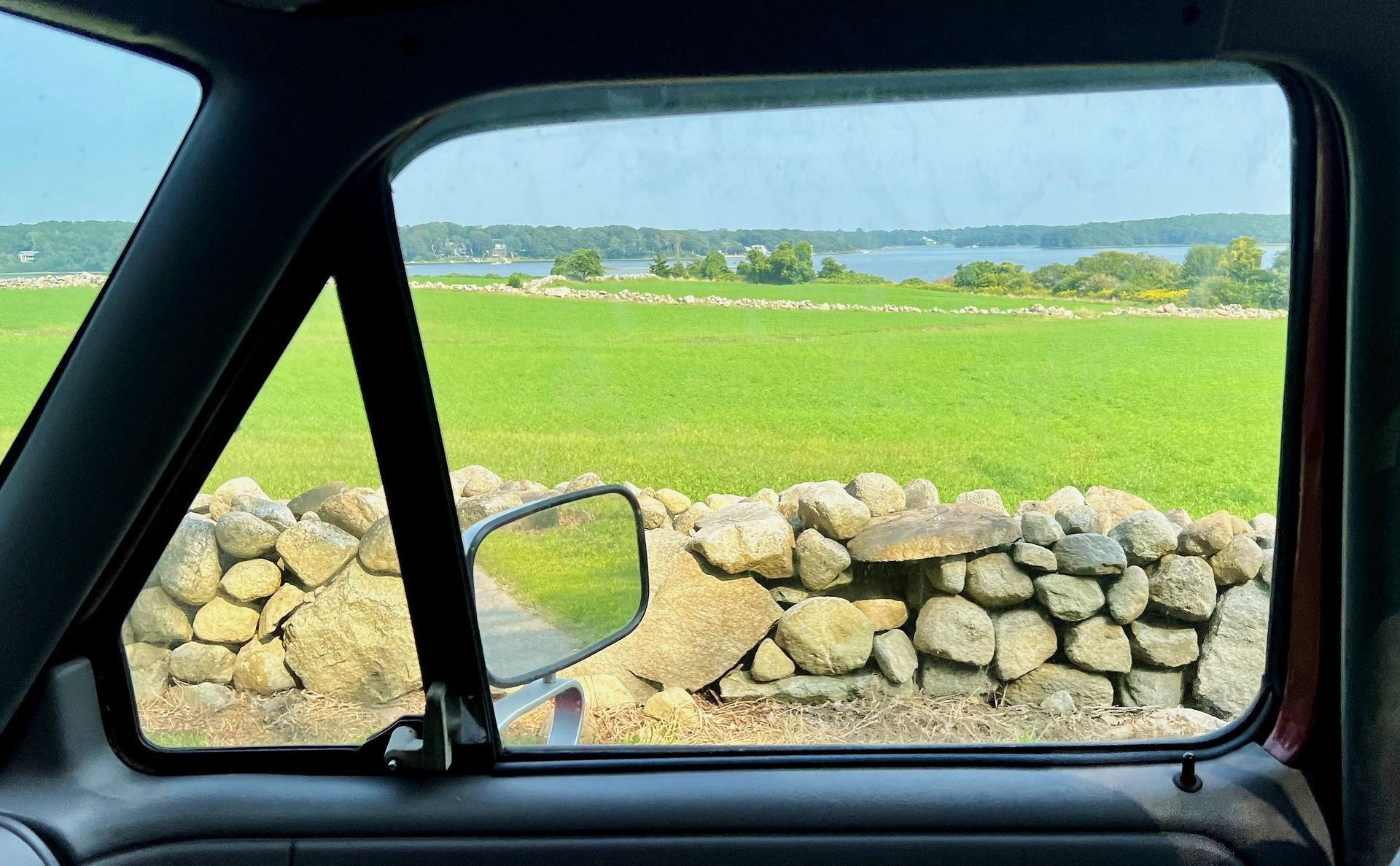By Christopher Kolb
•
August 19, 2024
Some months ago, I had the privilege to chat with Mr. Mallowes of North Chatham, a man of ninety-six years. His son David was running errands when I stopped by the old Capehouse to say hello and Mr. Mallowes answered the door and invited me in. We spoke about this and that as he shuffled around his son’s kitchen in his flannel PJ’s. I discovered he was born in Chatham, went to school with a handful of other children in the 1930’s, and became a cod fisherman. Only later did he become a lobsterman. “The hours were better.” he said tongue in cheek with his downeastern dialect. He spoke much about his late wife. Conversation also centered around his hometown, Chatham. I asked outright, how do you feel about Chatham today? He said, with some consternation, “I can’t see anything!”. I knew he wasn’t referring to aging eyesight as his gaze was that of a gannet’s as he punctuated aspects of conversation. I probed further and discovered he was referring to human development and less so, the growth of trees and overrun meadows. I felt his pain and sympathized. Mr. Mallowes died several months later. I take his implied values of loyalty, tenacity, family, and heritage with me on my continued journey. Having my own formative experiences in Chatham some 50 years later, I recognize the “growth”. Human development is what it is. Chatham real estate with its diverse “elbow” perspectives on the dynamic waterways is prized. What I focus on here are the overrun meadows. Pitch and Oak canopy is one thing. The invasive species of Bittersweet, Japanese Knotweed, Japanese Multiflora Rose, Privet (yes, Privet), Knapweed, Asian Bush Honeysuckle, Phragmites, and Autumn Olive are another. Restoring meadows one quarter acre at a time is within my capacity provided continued opportunities from likeminded property owners. Why are meadows important? (1) the colonial heritage of Cape Cod; (2) sense of order; (3) vista restoration; (4) ecological diversity and health. My numbering is arbitrary. The order of importance is in the eyes of the landowner who wishes to initiate meadow restoration on their property, but I’ll discuss each facet briefly: (1) Yes, Cape Cod was not primarily meadow and grasslands before European settlement. In fact, I ran into a obscure record years ago indicating Sassafras trunks recorded by colonialists to be two to three feet in diameter. As Sassfras became a colonial cash-crop for root beer and healing tonic, it dwindled into wooded obscurity ( Williams, Eric. "Cape Tree Has Deep Colonial Roots." Cape Cod Times, Nov. 20, 2012 ). My point is the Cape was wooded. However, much of us old-school Cape Codders miss the days of open fields and limbed-up, speckle-shaded meadows with water views, teeming pollinators and fireflies. (2) Many of us need order in nature and natural world interaction through stewardship ( Nova, Tayla. "Cape Tree Has Deep Colonial Roots." Resilience Institute, May 17, 2023 ). It is in our biological wiring to interact with, manipulate, and selectively clear for view axes “the land amidst our life”. We can channel this drive for positive environmental impact. (3) Vista window creation is essential not only to a sense of belonging amidst our private properties. As opposed to clear cutting, by adapting a term from my days in landscape painting “framing the view”, we can not only abide by the less invasive “vista window” principle of Cape-based conservation commissions, but also create diverse habitat that also focuses and frees-up our water and meadow views and enhances functional, aesthetic, and monetary value of our coastal real estate. (4) By restoring meadows, we are restoring diversity of habitat and ridding Old Cape Cod wildflower grasslands of aforementioned invasive species ( Clift, Liz. (2018, April 5). Living On The Edge. Great Ecology ). The problems with intercontinental invasive plant species are not only the environmental noise due to their inter-tangling, aggressive nature, but also that they are often overall less edible with inedible foliage to our indigenous wildlife. They often do not support the life cycle of butterflies like the Monarch and various swallowtails and other pollinators. Tallamy, Douglas W. (2024). Brining Nature Home: How You Can Sustain Wildlife With Native Plants. Timberpress. Since insects are the basis of the avian food chain, that fact is also important to our songbirds. Good news! Chris Kob and Kolb Custom Land Services has the knowledge, experience and equipment necessary to restore your backyard meadow and enhance your view so you can see the meadows for the flowers and the forest for the trees on ye olde Cape Cod. Brush Cutting Around A field Of Native Highbush Blueberries









